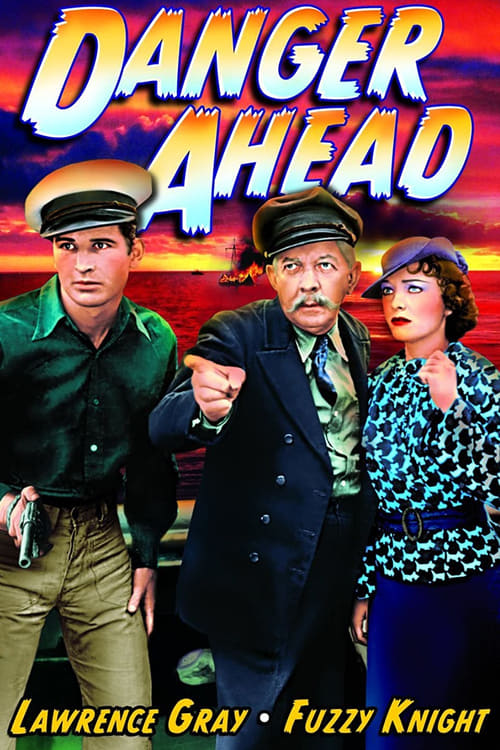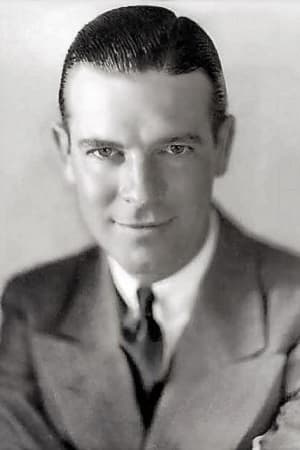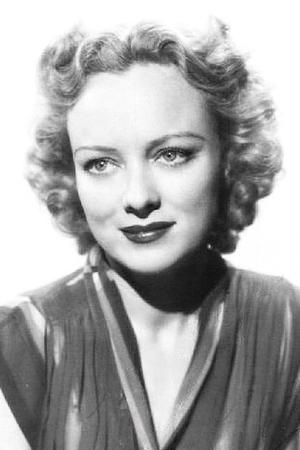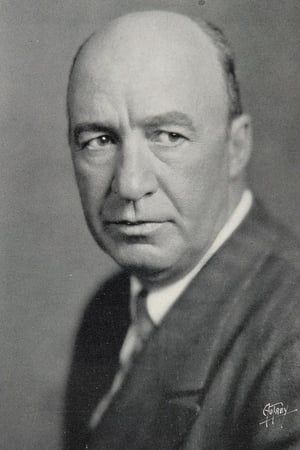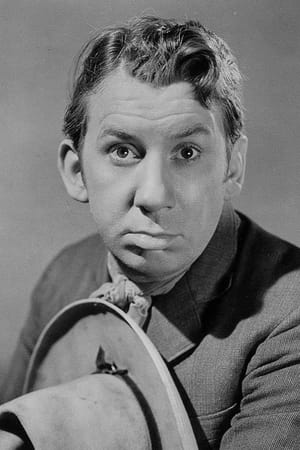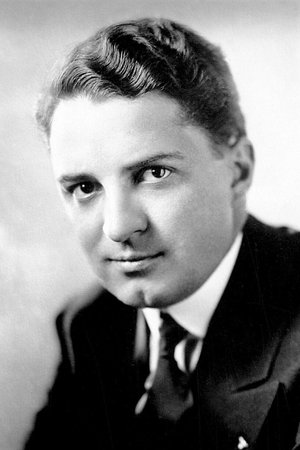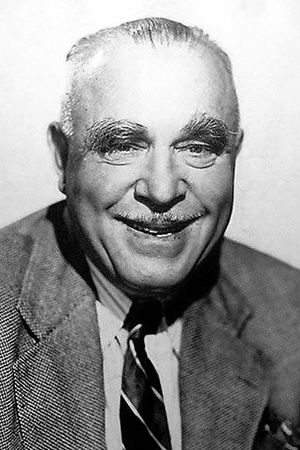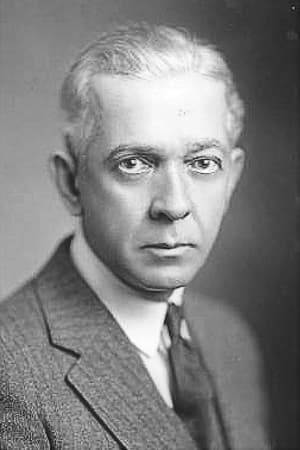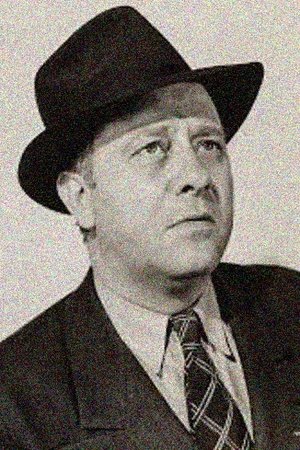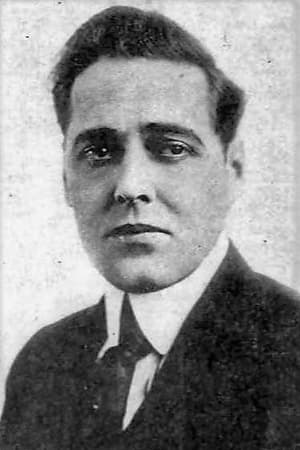
CinemaSerf
5
|
Mar 27, 2025
Yikes, but this is contrived. It could all have been over in five minutes! It’s all about “Capt. Matthews” (John Elliott) who turns up at a night club run by “Conrad” (Bryant Washburn) who owes him $40,000 for a cargo he has just delivered. The seedy gent has no intentions of paying him, though, and a contretemps now ensues that ends up seeing a nearby journalist “Mason” (Lawrence Gray), who watched the whole fracas, obtain the cash and use it to help sell his newspapers. Instead of just returning the cash to it’s rightful owner - the identity of whom we all know - they run a full spread headline essentially inviting interested parties to come and collect. Of course, this is all part of a cunning plan to expose the dodgy “Bryant” and that task falls to an hapless Irish policeman “O’Brien” (Fred Kelsey) who must trace and face a gang of criminals who, luckily, couldn’t hit a cow on the tit with a tin cup. Indeed, it’s really the “thwack” and “pow” style of stage thuggery that’s most memorable here as the fight scenes almost suggest the intended victim of a blow has a cross drawn on his chin, or his stomach. It’s entertaining in a join-the-dots way and the denouement is more soapy than menacing. There is nothing at all here you will remember, but it’s no worse than the standard hour long B-features that passed a Saturday afternoon in 1935.
